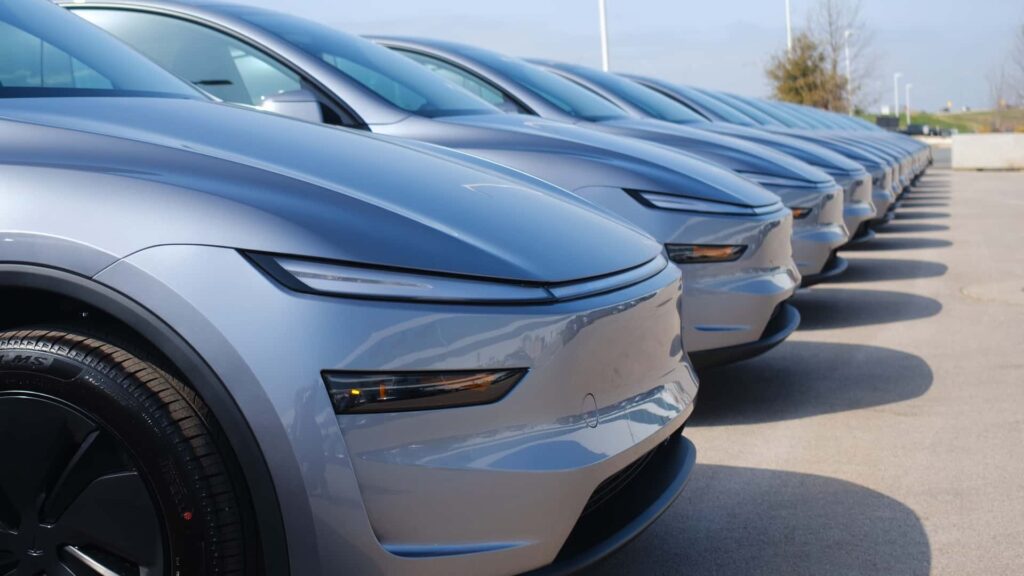Tesla has recently reported its second-quarter vehicle deliveries, revealing a 13% drop in sales compared to the same period last year. The electric vehicle (EV) maker delivered 384,122 cars globally from April through June, with the majority being Model Y crossovers and Model 3 sedans. However, the sales of other models like the Cybertruck, Model S sedan, and Model X SUV were relatively low.
This decline in sales marks another challenging quarter for Tesla, which has been struggling with sagging sales for over a year. Despite CEO Elon Musk’s vision of Tesla as an AI and robotics company, the reality is that the company’s revenue primarily comes from selling cars. The recent drop in sales follows a similar trend in the first quarter, where deliveries also declined by 13%. Overall, Tesla’s sales have been relatively flat in recent years, with a slight decrease from 2023 to 2024.
One of the main reasons for Tesla’s sales decline is the lack of new, lower-cost models in its lineup. The company’s reliance on higher-priced models like the Model Y and Model 3 has limited its ability to attract a wider range of customers. Additionally, factors such as Elon Musk’s controversial politics, an aging vehicle lineup, and the underperformance of models like the Cybertruck have contributed to the sales downturn.
Looking ahead, Tesla faces a tough year as it navigates through reputational challenges and policy changes at the federal level that could impact the EV market. The recent passing of the “One Big Beautiful Bill Act” threatens to eliminate tax credits for electric cars and reduce funding for EV charging infrastructure. These changes could further hinder Tesla’s sales growth in the future.
To counter these challenges, Tesla is planning to introduce more affordable models in the first half of 2025. This move aims to address the growing demand for cheaper, long-range EVs in the market. By offering compelling and aspirational vehicles at a lower price point, Tesla hopes to revive its sales and regain momentum in the EV market.
In conclusion, Tesla’s recent sales decline underscores the importance of innovation and adaptation in the rapidly evolving EV industry. As the company faces challenges on multiple fronts, including regulatory changes and market competition, its ability to introduce new models and attract a broader customer base will be crucial for its future success.

